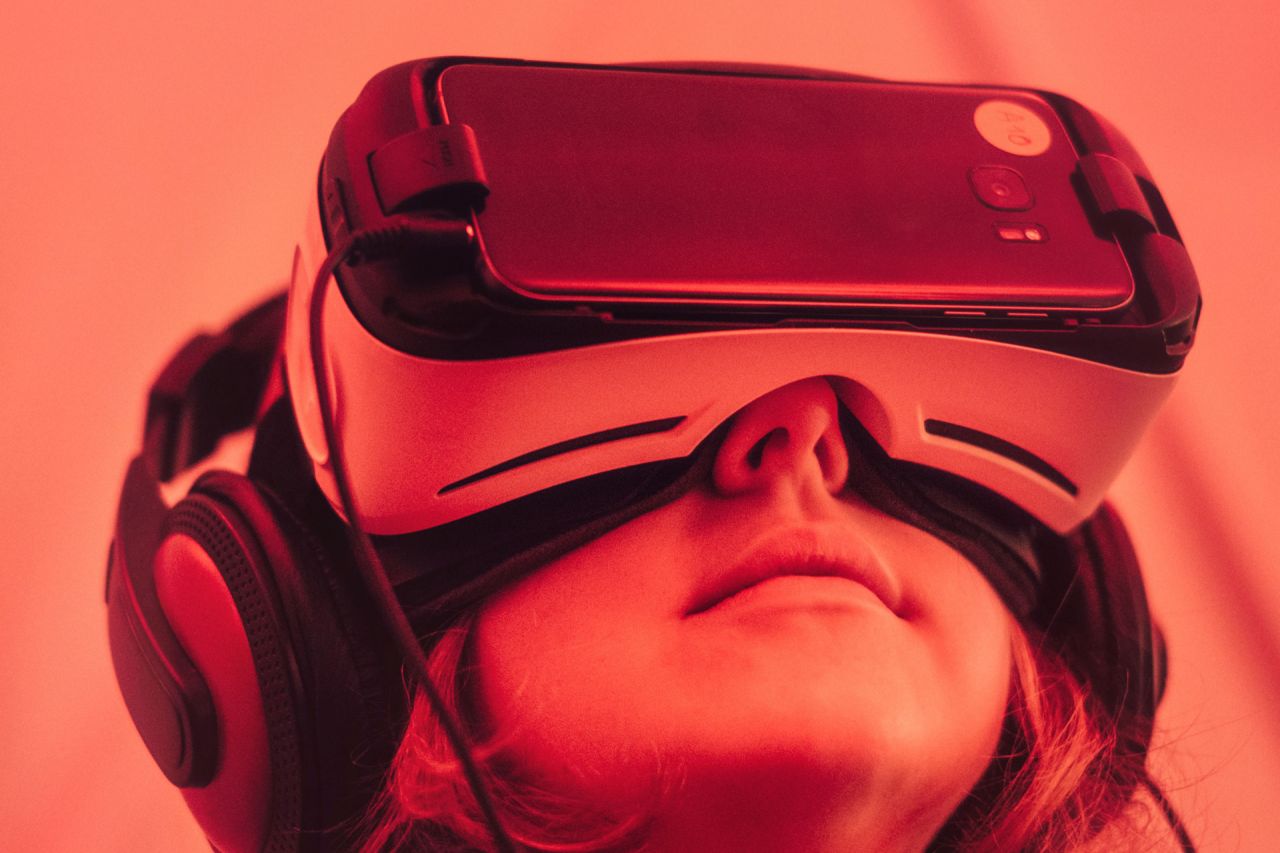This week we’re looking at how the healthcare industry can and is adapting to technology to greater improve the service and welfare of patients and providers. Yesterday, we looked at the use of digital data in healthcare. Today we’re considering augmented reality, virtual reality and artificial intelligence in healthcare.
Virtual Reality and Augmented Reality in Healthcare
Technological advances in the healthcare industry has seen the adoption of virtual reality (VR) and augmented reality (AR). Since the launch of devices such as the Oculus Rift headset, interest in VR/AR has sky-rocketed, but VR/AR has potential to revolutionise much more than the gaming industry. VR/AR is not only allowing medical students and seasoned professionals to test and learn new skills in a safe and immersive environment; but is helping to treat patients in new and effective ways. A new software, Proximie, allows clinicians to communicate remotely during surgery in real time. This can allow the surgeon in action to communicate with experts, even seeing their hand on a screen overlaid on to the patient, enabling them to follow the expert’s instructions even more accurately. A VR technology designed by Facebook has been used by a Children’s Hospital in Los Angeles, USA to train medical students and staff in low-frequency, high-risk situations.
Artificial Intelligence in Healthcare
On the other hand, Artificial Intelligence (AI) has been a key new focus for the UK healthcare industry. With the newly announced funding, the new AI lab hopes to help solve some of the toughest challenges faced by the NHS. Recent real-life successes have ranged from changing traffic lights for the free flow of ambulances in Liverpool, to helping in the design of customised spinal splints for children with disabilities within days rather than weeks.
NHS England chief executive Simon Stevens said: “Carefully targeted AI is now ready for practical application in health services, and the investment announced today is another step in the right direction to help the NHS become a world leader in using these important technologies.
“In the first instance it should help personalise NHS screening and treatments for cancer, eye disease and a range of other conditions, as well as freeing up staff time, and our new NHS AI Lab will ensure the benefits of NHS data and innovation are fully harnessed for patients in this country.”





